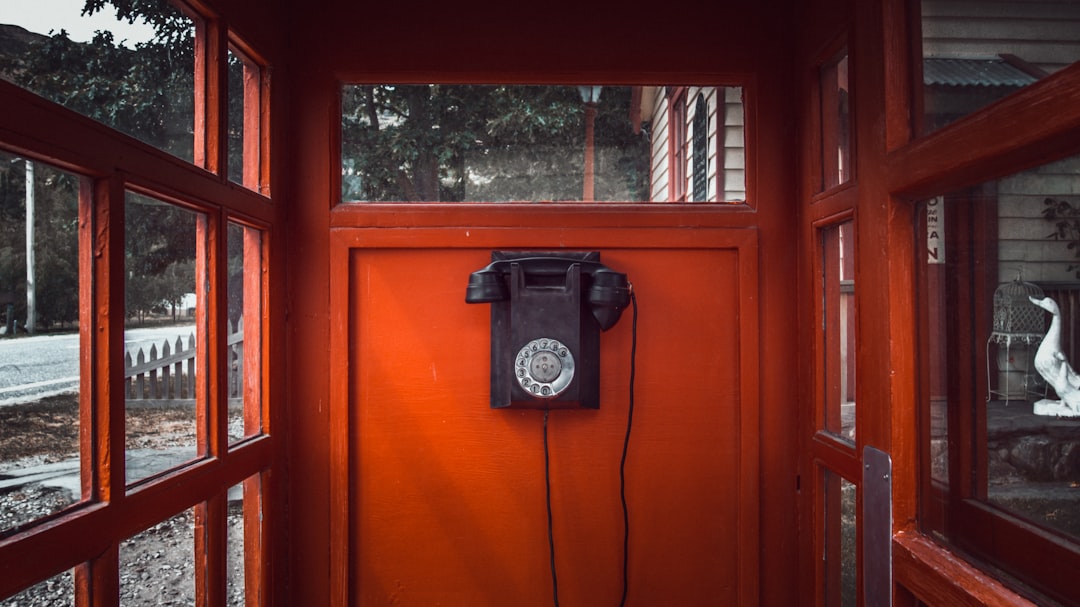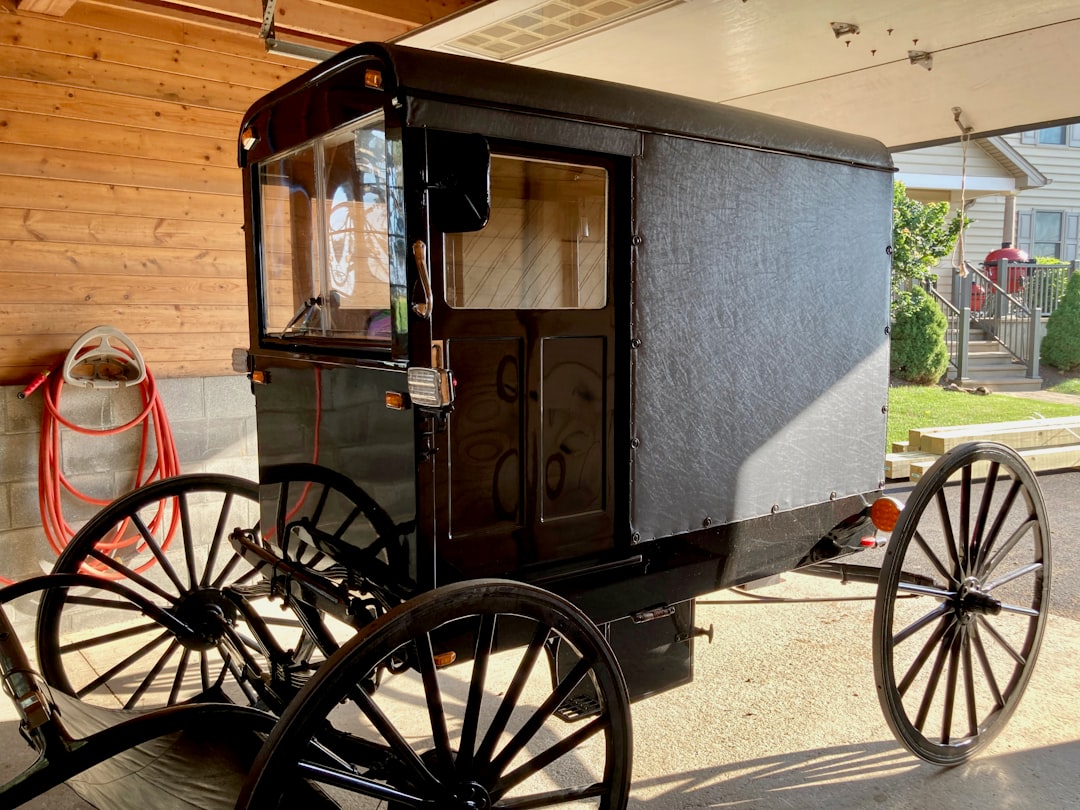Chester County's "No Call" laws, part of Pennsylvania's consumer protection measures, empower residents to safeguard their phone numbers from telemarketing calls. By registering on the Do Not Call list, citizens protect privacy while businesses must comply to maintain trust. Strict enforcement, community education, and collaboration deter violations, enhancing quality of life and public safety under No Call Laws in Pennsylvania. Misconceptions about the laws include their scope and enforcement mechanisms; residents can file complaints with the PUC if violated.
“Chester County’s innovative ‘No Call’ law enforcement initiatives are reshaping public safety dynamics across Pennsylvania. This article delves into the intricate details of No Call Laws, exploring their protective role for citizens and the strategic enforcement strategies employed by local agencies.
We dissect the impact on law enforcement while separating fact from fiction regarding common misconceptions surrounding this game-changing legislation in PA’s legal landscape.”
Understanding Chester County's No Call Laws

Chester County’s No Call Laws are designed to protect residents from unwanted phone solicitations, especially those related to telemarketing and sales calls. These laws, part of Pennsylvania’s broader consumer protection efforts, give residents the right to opt-out of receiving such calls. By registering on the “Do Not Call” list, local citizens ensure that their personal and business phone numbers are not used for marketing purposes by private companies or non-profit organizations.
The No Call Laws in Chester County are strictly enforced, with penalties for violators. This initiative reflects a broader trend across Pennsylvania to safeguard residents from intrusive sales calls. It’s crucial for businesses and organizations to adhere to these regulations to maintain consumer trust and respect individual privacy preferences.
How Do No Call Laws Protect Citizens?

No Call Laws in Pennsylvania, including those implemented by Chester County, are designed to protect citizens from unwanted and intrusive phone calls, specifically from telemarketers and robocallers. These laws empower residents to control their communication preferences, ensuring they aren’t disturbed by unsolicited sales or promotional messages.
By enforcing No Call regulations, citizens gain peace of mind, knowing their personal time is respected. It allows individuals to avoid unwanted interruptions during meals, work, or personal leisure, enhancing overall quality of life and minimizing stress caused by relentless telemarketing efforts. These laws provide a sense of security and control over one’s privacy, enabling residents to focus on calls that are genuinely important and relevant to them.
Enforcing No Call Initiatives: A Comprehensive Approach

Chester County’s commitment to peaceful resolution and citizen rights extends into their strict enforcement of No Call laws. These initiatives are a comprehensive strategy aimed at balancing community safety with individual privacy. Through active patrolling, local law enforcement agencies actively monitor areas known for unwanted calls or disturbances. Officers respond swiftly to reports of harassing phone calls, ensuring that residents can live free from unwelcome intrusions.
The success of these No Call Initiatives lies in a multi-faceted approach. This includes public awareness campaigns to educate citizens about their rights and the consequences of violating No Call Laws in Pennsylvania. Additionally, close collaboration between law enforcement, community leaders, and local businesses helps identify potential issues early on. This proactive method not only deters unwanted calls but also fosters a sense of security within the Chester County community.
The Impact on Local Law Enforcement Agencies

Chester County’s “No Call” law enforcement initiatives have significantly impacted local agencies, reshaping their strategies and operations in response to Pennsylvania’s unique legal framework. These laws, designed to protect residents from unwanted phone calls, particularly those related to telemarketing, have forced police departments to adapt. Traditionally, officers spent considerable time dealing with non-emergency call volumes, including numerous false alarms and telemarketing complaints. With the implementation of “No Call” regulations, local law enforcement must now prioritize resources more efficiently, focusing on genuine criminal investigations and public safety issues while streamlining their response to other calls.
The effect has been a shift towards proactive policing strategies, community engagement, and technological advancements. Agencies are investing in tools that enhance call routing and screening, allowing for quicker dispatch of emergency units. Moreover, these initiatives have prompted increased collaboration between law enforcement, regulatory bodies, and telemarketing companies to ensure compliance, thereby reducing the strain on local resources while maintaining a balanced approach to public protection under No Call Laws in Pennsylvania.
Common Misconceptions About No Call Legislation in PA

Many residents and businesses in Chester County, Pennsylvania, often have questions or misconceptions about the state’s No Call Laws. These laws are designed to protect citizens from unwanted telemarketing calls, but they’re sometimes misunderstood. A common misconception is that registering for the Do Not Call list prevents all outbound sales calls, which isn’t entirely true. It primarily targets commercial calls and does not always stop legitimate local or non-profit organizations from contacting you.
Another prevalent belief is that No Call Laws offer no recourse if a business continues to make unwanted calls after registration. However, individuals can file complaints with the Pennsylvania Public Utility Commission (PUC), which has the authority to take action against violators. The PUC investigates these complaints and can issue fines or require businesses to cease and desist from making such calls.






